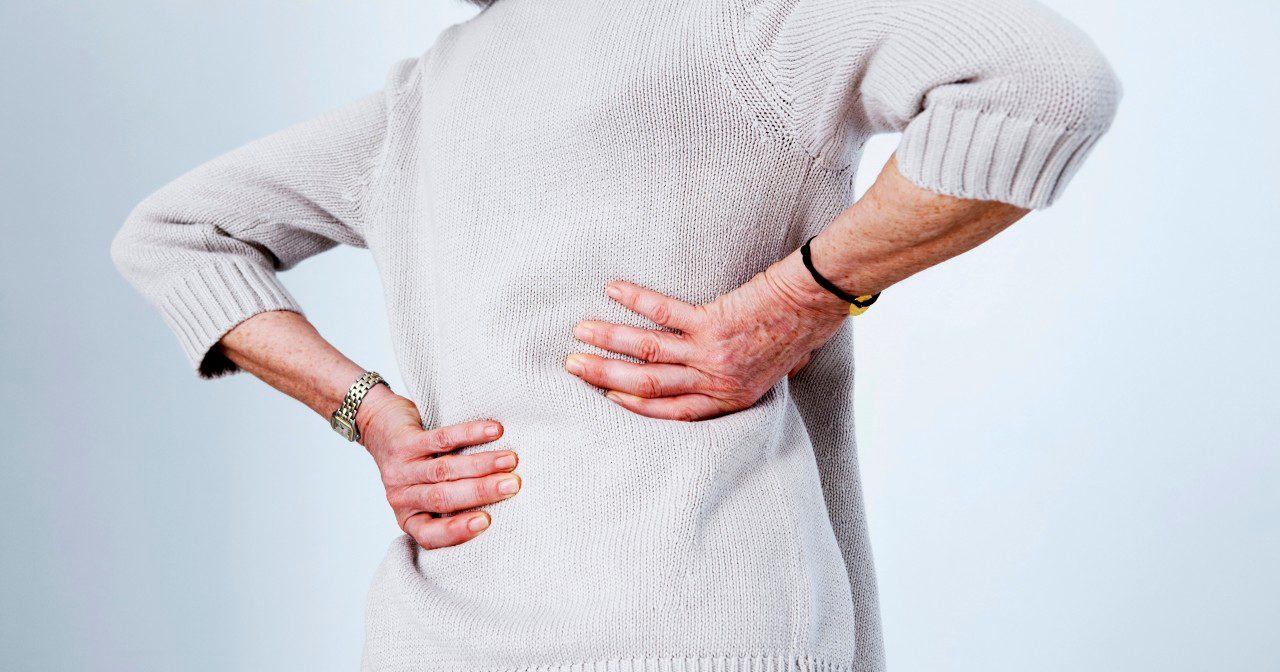What Can I Do If I’m at Risk for Kidney Cancer?

You have little control over some of the risks for kidney cancer. But others you can control. Certain lifestyle changes may make a big difference in helping to prevent kidney cancer. If they apply to you, try making the following changes. If you have several risk factors, discuss these with your doctor, who may check you more frequently for the signs and symptoms of kidney cancer:
Quit smoking
This reduces your chance of getting kidney cancer, but the sooner you quit, the better. The longer you have smoked, the greater your chance of developing this cancer. For help with quitting, visit the CDC.
Control your weight
In addition to keeping your weight within a healthy range, eating a low-fat diet may reduce your risk. Although there is no clear link between dietary fat and kidney cancer, there is a link to other types of cancers and chronic diseases. Go to Fruits and Veggies Matter to learn more about what fruits and vegetables can keep you healthy.
Increase your activity level
In addition to its many other benefits, exercise may help control your weight and lower your blood pressure. If you rarely exercise, start slowly, but strive for about 30 minutes of exercise on most days of the week. And be sure to talk with your doctor before beginning an exercise regimen. How much exercise do you need? The CDC offers information.
Reduce your exposure
Do what you can to decrease your exposure to workplace chemicals. Exposure to certain chemicals in the workplace, such as cadmium, benzene, and asbestos, may increase your risk of kidney cancer. If you work with chemicals, make sure you follow the guidelines for working with them safely. If you have questions, contact one of these organizations:
- Your local union, if you belong to one
- National Institute for Occupational Safety and Health at 800-CDC-INFO (800-232-4636) or go to www.cdc.gov/niosh
- Occupational Safety and Health Administration (OSHA) at 800-321-OSHA (800-321-6742) or go to www.osha.gov
Control high blood pressure
If you have high blood pressure, ask your doctor about medications and whether diet and exercise can control it. If you don't know what your blood pressure is, be sure to get tested.
Consider genetic testing
If you have a family history of kidney cancer or other disorders associated with von Hippel-Lindau (VHL) disease, discuss genetic testing with your doctor. Genetic tests can sometimes spot the VHL gene mutation or hereditary papillary renal cell carcinoma. If you have either of these, your doctor may recommend frequent screening for kidney cancer.
Updated:
March 30, 2020
Reviewed By:
Fraser, Marianne, MSN, RN, Sohrabi, Farrokh, MD